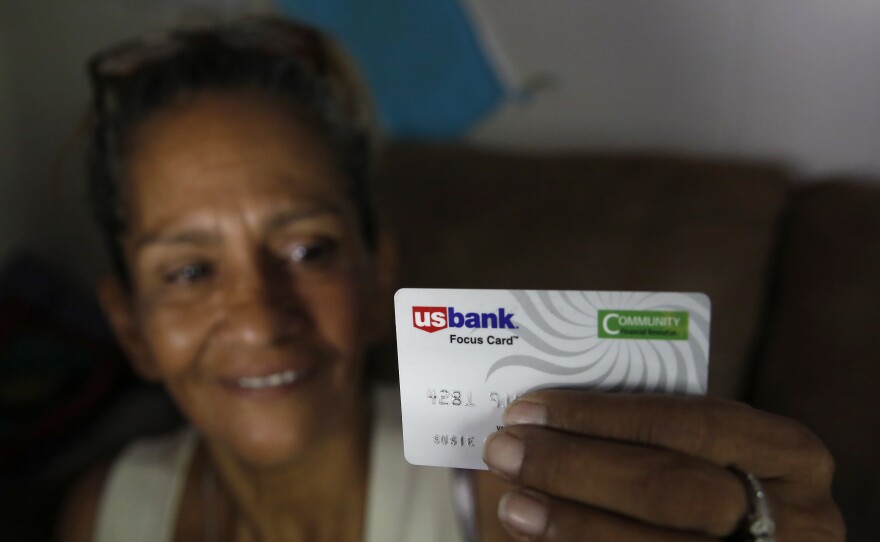
WEIGHT: 67 kg
Breast: E
One HOUR:100$
Overnight: +70$
Sex services: Extreme, Cunnilingus, Massage, 'A' Levels, Smoking (Fetish)
Michael Tubbs didn't see much risk in giving money to his city's poorest residents, no strings attached. The former mayor of Stockton, a city in California's Central Valley, is a strong proponent of universal basic income, a policy that essentially pays people for being alive as a way to alleviate poverty.
The issue was they never had enough money to manage. The program launched in February and ended in January. Its critics argued that cash stipends would reduce the incentive for people to find jobs. But the SEED program met its goal of improving the quality of life of residents struggling to make ends meet.

A new report from a team of independent researchers found that Stockton's program reduced unemployment among participants during its first year and helped many of them pay off debt. The report studied the effects of the payments from February through February SEED participants also reported improvements in their emotional well-being and decreases in anxiety or depression.
Participants in Stockton's basic-income program spent most of their stipends on essential items. The researchers also found that decreases in anxiety, depression, and extreme financial stress encouraged participants to set goals and helped them better cope with unexpected financial setbacks. Tubbs lost his reelection bid in November, but his departure didn't affect the SEED program, since it was always designed to be temporary.

Tubbs' vision is to make basic income a national policy. In June, he launched Mayors for a Guaranteed Income, a coalition of mayors interested in starting similar basic-income pilots across the US. No Republican mayor has joined Mayors for a Guaranteed Income — and interest in a basic-income policy skews heavily Democratic.




































